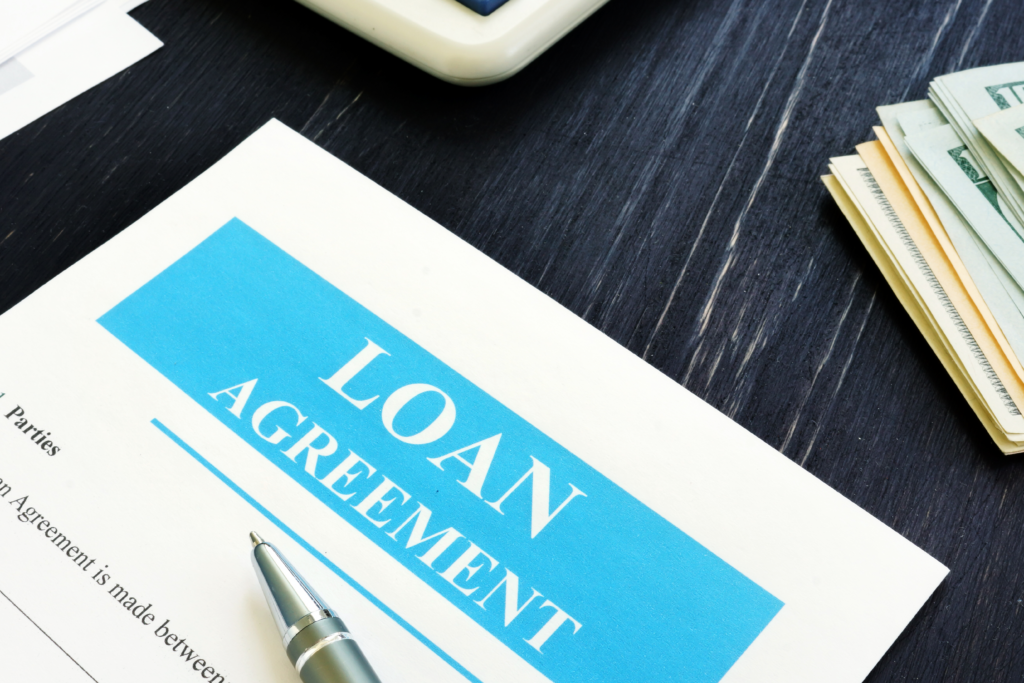Can You Get a Debt Consolidation Loan Without a Job?


If you’re unemployed and juggling multiple debts, you may be looking for ways to make your financial situation more manageable. A debt consolidation loan—which combines several debts into a single monthly payment—might sound like a smart move. But without a job, can you actually qualify for one?
The short answer: probably not. Most lenders want to see proof of steady income before approving a loan. Still, there are a few cases where it might be possible, depending on your financial situation. Here’s what you need to know.
A debt consolidation loan is a personal loan you use to pay off multiple unsecured debts like credit cards, medical bills, or personal loans. This leaves you with one monthly payment, ideally with a lower interest rate.
To be useful, the new loan must have better terms than your current debts. That usually means qualifying for a low enough interest rate to actually save money—not just move the debt around.
When reviewing an application for a debt consolidation loan, lenders may consider a variety of factors to assess your ability to repay the loan. Being unemployed can make it more difficult to meet typical approval standards, but the exact criteria can vary by lender.
Here are some of the things lenders might review:
If you’re unemployed and don’t have other reliable income, your application may be less likely to meet a lender’s standards. Still, there are some situations where it might be possible to qualify—especially if you have collateral, a co-signer, or an alternative income source.
Debt consolidation loans generally fall into two categories: secured and unsecured. Understanding the difference can help you figure out what options might be available—especially if you’re unemployed.
Unsecured loans don’t require any collateral. Instead, lenders may base approval on your credit history, income, and overall financial profile. These are the most common type of debt consolidation loan, but they can be harder to get without a steady income. Interest rates on unsecured loans may also be higher if the lender sees you as a risk.
Secured loans are backed by something you own—called collateral. This could be a house, car, savings account, or other asset. Because the lender has a way to recover the loan if you can’t repay, secured loans may be easier to get if you’re unemployed or have limited income.
Some examples of secured loans include:
While secured loans may be more accessible without a job, they come with significant risk. If you fall behind on payments, you could lose the asset you put up as collateral.
Getting a debt consolidation loan without a job is uncommon, but not entirely out of the question. Whether the loan is secured or unsecured, lenders want to feel confident that you can repay what you borrow. Without a regular paycheck, that’s hard to prove.
Still, here are a few things that might improve your chances:
Even with these factors, approval for an unsecured loan is uncommon if you’re unemployed. And if you are approved, the interest rate might be high—making the loan more expensive in the long run.
Even if you do manage to qualify for a debt consolidation loan while unemployed, that doesn’t always mean it’s the right move. In fact, taking out a new loan without stable income can sometimes make your financial situation harder to manage—not easier.
Here are a few reasons why:
Before applying for any loan, it’s worth taking a step back and asking whether it truly improves your situation—or just delays it.
Getting a debt consolidation loan without a job is difficult, and even if it’s possible, it may not be your best option. Most lenders want to see reliable income before they’ll approve a loan. And if they do, the interest rate might be so high that it adds to your financial burden instead of easing it.
There are situations where you might qualify—with a co-signer, collateral, or alternative income—but those cases are rare. And taking on new debt while unemployed comes with serious risks.
If you’re struggling to keep up with debt, consider reaching out to a nonprofit credit counseling agency. They can help you understand your options and figure out the best way forward based on your situation.
The content provided is intended for informational purposes only. Estimates or statements contained within may be based on prior results or from third parties. The views expressed in these materials are those of the author and may not reflect the view of National Debt Relief. We make no guarantees that the information contained on this site will be accurate or applicable and results may vary depending on individual situations. Contact a financial and/or tax professional regarding your specific financial and tax situation. Please visit our terms of service for full terms governing the use this site.

Student loans often follow borrowers for years, sometimes decades. Even people who fully understand how much they borrowed can feel...

It was a busy week for RIA aggregators. There were a few large moves, including $235 billion multi-family office Cresset...

Blog Posts Archives UnfavoriteFavorite February 27, 2026 Weave: The Social Fabric Project Subscribe to Weave’s Newsletter This story was originally...